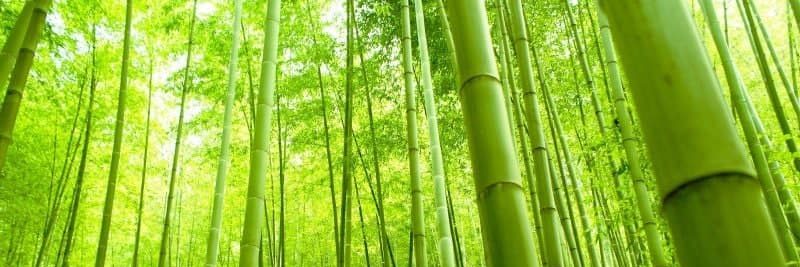
Someone recently asked me about divinity lots found in KMSPKS:
Dear Venerable, I have a question about the divine sticks (qiu qian) at the old hall at Kong Meng San. Devotees will beg for divine advice from the three Buddhas and a piece of paper can be collected outside. Who are we communicating with? The message could sometimes be very clear, but some people will say that it is not Buddhism and mere superstition. I remember a story about Lord Buddha putting His bowl on the river; if the river flows upstream, he will strive to gain Enlightenment. So is this divine advice real? How do we make it real?
Here’s my short reply:
There is this belief that the Bodhisattvas or Dharma guardian help give guidance on worldly matters. Having some help in this way can be similar to asking an experienced friend or mentor for guidance, it can certainly be helpful.
Having said that, the Dharma (teachings) ultimately help us transcend the worldly gains and loss, such that we can still be happy amidst life’s greatest difficulties or trivial nuances.
Sui hontu! ^_^
To add to that, if a Buddhist learn this or go to the temple for this and only this purpose, then it would be a great loss for him! The real treasure in Buddhism lies in the Dharma (teachings) taught by the Buddha and the efficacy of the teachings in liberating us from our habitual tendencies and fed-ups in life.
Give a man a fish or some fried beehoon, and you feed him for a day or at least a meal.
Give the man a rod, … erm, better not, less he start fishing and killing fishes. Give the man or woman for that matter, some help to find a job through http://www.mom.gov.sg/profile-
gateways/Pages/job-seeker.aspx or upgrade their skills via http://www.mom.gov.sg/skills-training-and-development/Pages/default.aspx and he can secure a stable livelihood for awhile until the next recession. Rinse. Repeat.
Give the person Buddha Dharma, and he can develop inner peace and happiness even when hungry. With this inner peace and happiness, he can look for a job happily and not be grumpy and bitter. And when he finds a job, he is full of energy (viriya!) and vitality (indriya?) to fulfill and exceed what is expected of him! He earns his keep rightfully, without harming himself or others. He enjoys the fruits of his labour with his friends and family with open handed generosity, and sets aside a portion of his earnings for savings (rainy days), to support his parents, give to the charity and support Dharma work.
While he live as a lay person, he continues his study and practice of the Dharma under the guidance and mentor of the Maha Sangha. He lives his life not just devoted to his own pleasure but also for the benefit and welfare of others. If he do not attain to the very least certainty of Dharma (sotapanna), he has sown the seeds for further learning and progress. Living a life that incline towards goodness, the Buddha declares that the rebirth will be good, will be pleasant and happy.
EDIT:
Here’s my reply to facebook comments on cultural practices in Buddhist temples and monasteries:
Aircons are also not Buddhist practices, but most would quite readily use it to cool us down.
If the Master WuFong had stopped my Ah Ma from burning joss paper and other cultural practices, she may have went to some other non-buddhist temple to pray. Today, it may well be Priest Chuan Guan telling you about something else.
Dance and hiphop are also not Buddhist practices, but yet the younger generation Buddhists are very willing to use these as skillful means to appeal to the youths. Perhaps we have to bear in mind that different people of different generations have very different needs to fulfill before they may be ready to learn Dharma.

